How I Learned Dutch in 365 Days with Drops and a Language Tutor
I learned how to speak conversational Dutch in one year. And I had some amazing experiences as a result of this journey.
It was a journey that began 10 years earlier, on a stage in New York City, with a pack of cards.
One Mistake and You Were Out
“Two of Hearts,” I confidently said.
It was the final event of the 2010 USA Memory Championships. Moments before, me and two other finalists had been backstage memorizing two decks of cards. One red. One blue. In that order. Back out on stage, I was selected to recite the first card and kick off the event to determine the champion.
“I’m sorry, Nelson, but that is incorrect…”
Wait, What? How?
I memorized both decks cold…there is no way I could have…oh no.
At that moment I realized I had flubbed the order of the decks. Memorizing the blue one first. A rookie mistake, but such a stupid mistake.
From Stupid Mistake to Grandmaster of Memory
Years later, I would probably consider it the best mistake I ever made in my life.
Ultimately, it pushed me to train harder for the next year’s competition, which I won. Then I won another time, and then another, and then another.
Since then, I have been fortunate enough to be crowned the US champion four times, broken numerous memory records, and even claimed the highly coveted title of Grandmaster of Memory.
It Was All Because of
In 2009, my grandmother passed away from Alzheimer’s disease. Her passing led me on a search for some kind of mental regimen that would help keep my brain sharp and healthy.
What I eventually discovered were the memory techniques that would bring me to the USA Memory Championship––the rest is history.
Now, My Memory Pays My Rent
Over the years, memory has become my career. I now teach people how they, too, can improve their memories.
Naturally, one of the most common questions I’ve gotten as a memory expert is, “can you easily learn a language?” Upon first thought, the answer might seem like an obvious “yes”. But in actuality, learning a language is so much more than just memory. Is memory helpful for languages? Of course, but only in part.
But I’ve Never Been Great at Languages…
Regardless, my track record with language learning has never been great.
I was lucky enough to have been brought up in a French-speaking household and then learned English through school. Outside of that, no other languages.
You’d think that living in Miami, Florida (often called the gateway to Latin America) I’d have mastered Spanish. But, no. I can speak very bad gringo Spanish at best. And that’s even having dated a number of Hispanic women through my 20s. There was even a time where I wanted to learn Chinese, then Russian, then Italian, then Arabic. I even dated a Dutch girl for a while and tried to start learning Dutch. All without any success.
So, I Set Myself a Language Goal
It wasn’t until last year when I decided to really set a goal and see if it was going to be any easier for me, the memory guy, to learn a language.
I decided 2019 would be that year.
The next thing was to decide on which language I’d learn. I figured that the best results would come from a language that actually meant something to me.
And I Wanted It to Be a BIG Challenge
At first, I thought maybe Italian––my wife’s side of the family is Italian and it’s not too far off from French. Then I thought, no, I want something that is really foreign from anything I already know. I landed on Dutch/Flemish, which is my mother’s native language (my mother and her side of the family is from Belgium, the Flemish-speaking side).
Now, she had spoken French to us all through our childhood, but not a lick of Flemish (I think the reason for that was because my father only spoke French). The only times I heard Flemish were when my mother would speak on the phone to her sisters, that’s it.
I guess you could argue that I had previously heard the language growing up and that I had some preliminary exposure to it, but believe me when I say it really was minimal. I knew absolutely zero words. I was starting from scratch.
I Was Excited to Memorize Something I Would Use in the Real World
Once I had decided on Dutch, I was really excited. It would bring me closer to my mother and allow me to reconnect with her side of the family––something which I had never truly been able to do over the years because of the language barrier. I was also really excited for the project.
Training my memory for memory competitions is great and all, but most of the information we memorize during an event is useless. It was going to be nice, for a change, to memorize and learn something I could keep with me and that would improve my life.
The Next Big Decision — My Method for Learning a Language in One Year
The next thing I had to figure out was my approach. How was I going to attack this project and learn a language in a year?
My first thought was, well, I should probably take advantage of my memory.
Memorizing a large chunk of vocabulary to kickstart my journey to fluency would be a good approach for me. Then, with that out of the way, start learning grammar, idioms, word order, rules, etc.
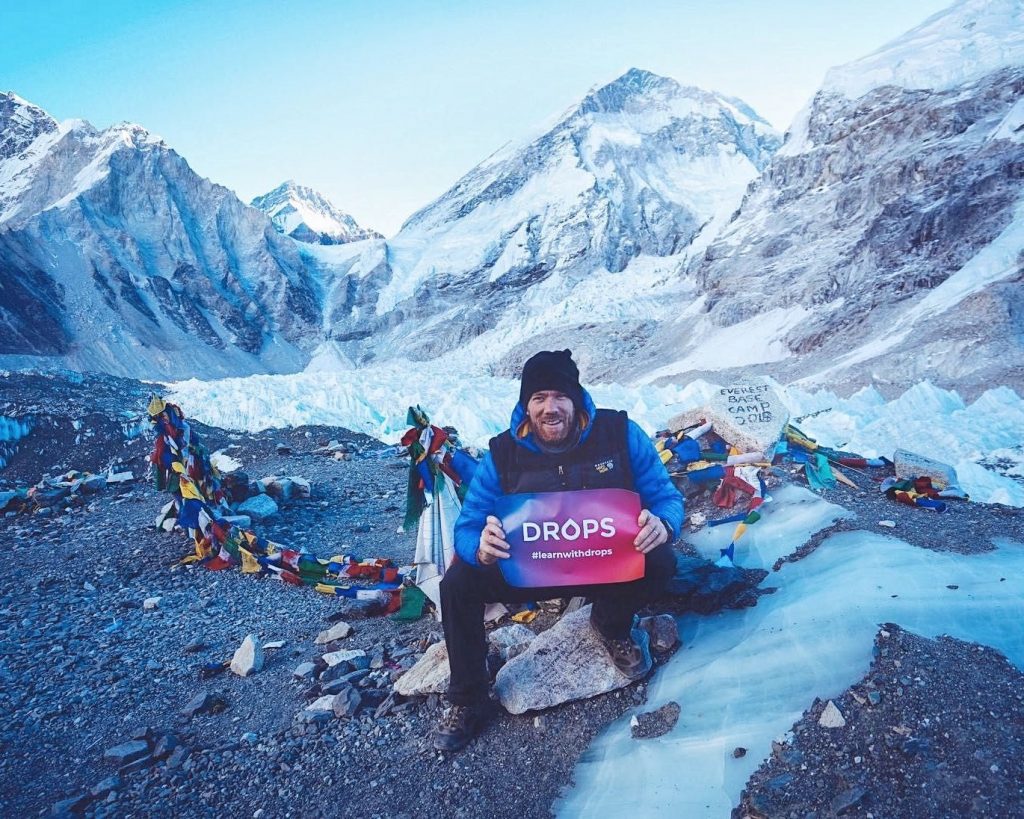
Around that time, I had been playing around with some language learning apps, but one, in particular, kept drawing me in: the Drops app.
Drops has a beautiful interface, tons of words to learn, and addictive gameplay. I reached out to them and asked if they would like to partner on a project I was working on.
I know what you’re thinking… learn a language from an app, “Nelson? Really?” I know, I know. Not realistic. It’s not reasonable to expect any kind of fluency from an app alone.
I mean this guy studied Spanish for almost three years on Duolingo and still didn’t achieve fluency.
But that wasn’t what I had in mind. My goal was to learn vocabulary to start, and having a fun app on my phone to help me achieve this would be super helpful.
Together, we ended up creating the 90 Days With Drops Challenge. My goal now: to memorize 2,000+ Dutch words (and their meaning) using only the Drops app. This would kickstart my project and after the 90 days, I’d have 2,000+ words under my belt with which I could start learning with.
I got to work:
I Spent 10 Minutes Each Day Learning with Drops
Every day, I’d spend about 5-10 minutes on the Drops app, learning new words, reviewing old ones; putting my memory to the test.
At first, it was easy. Learning the first 800–1,000 words was really quick, especially with my memory techniques. The last 1,000 or so took a bit more work, and a lot more review. But I got through it.
In 90 Days, I’d Learned 2,000 Dutch Words
After the 90 days, I had all the words. I had my mother even quiz me!
I think the beauty and strength of the Drops app was that it was easy to get started. Drops talks about their “3 C’s methodology”: core vocabulary, consistency, and confidence.
While playing an app for 5 minutes a day won’t make you fluent, it will build up your vocabulary, get you to start being consistent in your commitment to learning a language (I mean, how hard is doing something for 5 minutes every day?), and as a result, make you become confident in your progress.
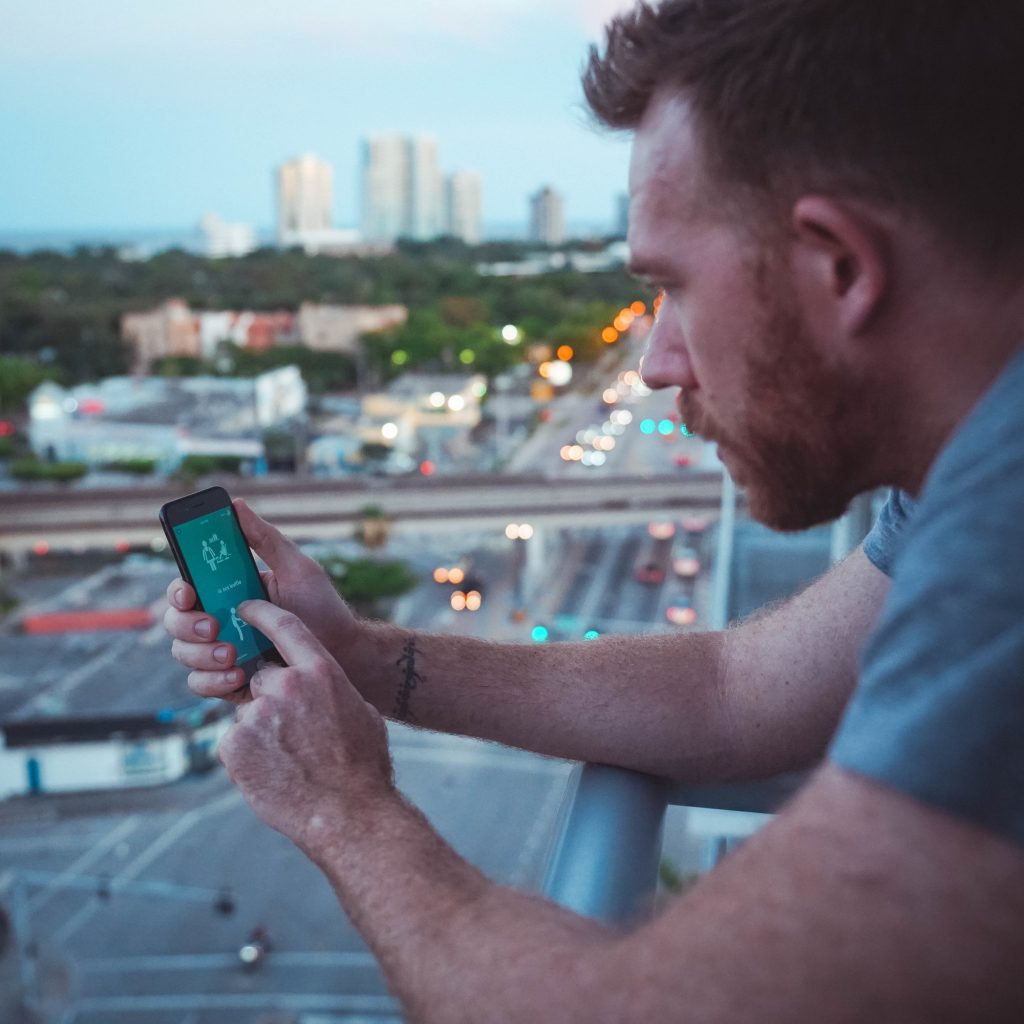
My Method for Learning with Drops
How did I go about such massive amounts of memorizing? It wasn’t too complex.
The memory systems I used were basic associations. Visualize an image for the foreign word (something it sounds like, reminds you of, or looks like), then anchor it to an image for its meaning.
Doing this is quick and painless, and you get quite good at it the more you practice.
Here’s an example: the word for horse in dutch is paard (pronounced like “part”). To memorize that, I’d think of a horse cut up into parts. Gruesome yes, but also unforgettable.
Another example: pencil — in Dutch, it’s potlood (pronounced “pot-load”). For this one, I thought of loading a bunch of pots into the shaft of a pencil. Kind of ridiculous, but out of this world memorable!
Obviously, you don’t have to be a memory champion to learn a new language. But memorizing the 2,000 words helped me recognize those words to build my comprehension and confidence in Dutch — a good starting point if you will.
My Next Steps Learning Dutch After the 90 Day Challenge
Once that challenge was complete, my next step was to work with a tutor on the nitty-gritty of the language itself. For that, I used a platform called Preply, an easy-to-use, online platform where you can hire a tutor and structure your sessions.
I found an amazing tutor, named Carina, who was Dutch and spoke both dialects: Dutch and Flemish. Perfect!
For the remainder of the year, Carina and I met twice a week for an hour, going over verb conjugations, word order, correct pronunciation, reading, and writing. We’d even just have sessions where we would talk — nothing else.
In the off days of our sessions, I’d spend a lot of time studying on my own, watching cartoons and reading in Dutch. I’d also continue using the Drops app on a regular basis to upkeep some of my basic vocabulary. I really was just trying to maximize my exposure to the language every day. By December, I felt really confident in where I was.
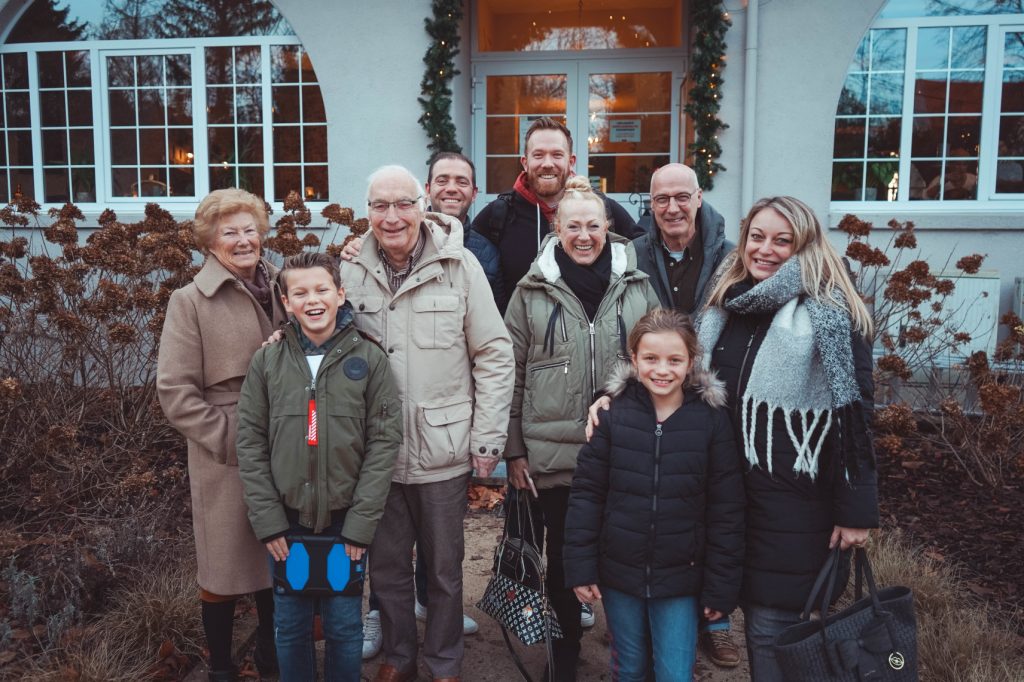
Was I Fluent After One Year of Learning?
Was I fluent? I’d say conversationally, yes. To test that, Drops organized a trip for me and my mother to go to Belgium and visit her family.
The last time I had been to Belgium, must have been in my early teen years. But once I found myself sitting in the living room of my aunt, surrounded by my mother and her cousins, nephews, brothers, and sisters, with Flemish being spoken all around me, I suddenly felt so proud. Proud because of how far I had made it on my own effort. But also proud because I was able to really connect with my family, for the first time in my life.
There I was, listening, hearing, talking, laughing, with my family. Not perfectly, but to a point where it made me feel like I belonged and like I was a part of this family.
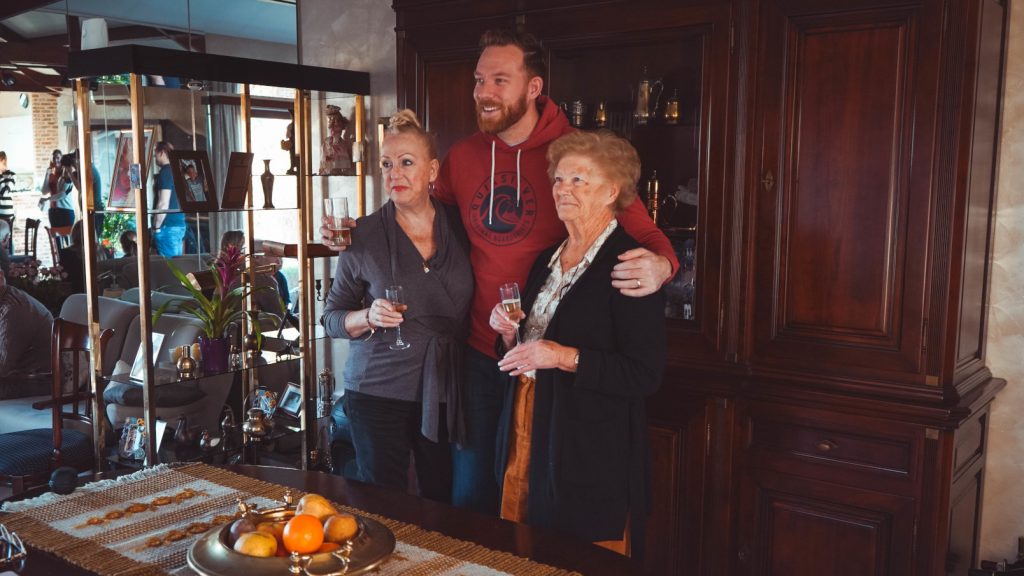
Learning a New Language Enriched My Life
After that trip, it really made me realize how amazing knowing a foreign language can be. At first, I had thought of it at a very superficial level: it’ll bring me closer to my mother and I’ll be able to converse with someone from Belgium or the Netherlands. But it was so much more than that.
My life became enriched in a way that was so much more profound. And now I plan on using my Dutch skills to spend more quality time with my Belgian relatives and getting to know the history of my maternal heritage.
That is the power of language learning.
And if the only thing that’s holding you back is getting started, then an app like Drops can help. That is where the power of learning a language with an app lies.
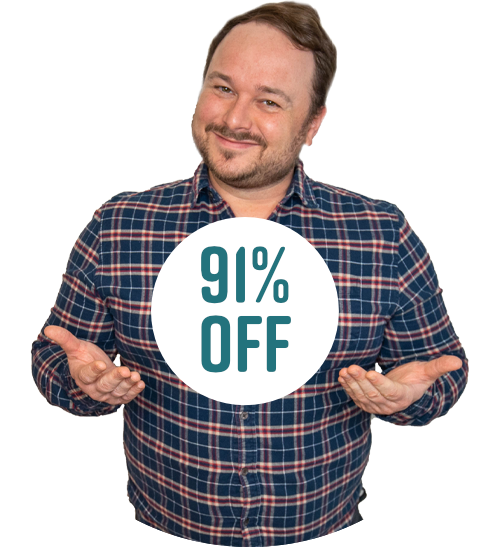
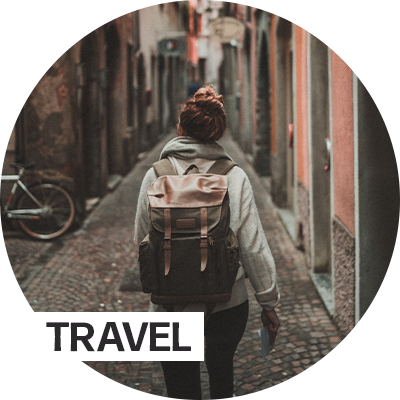


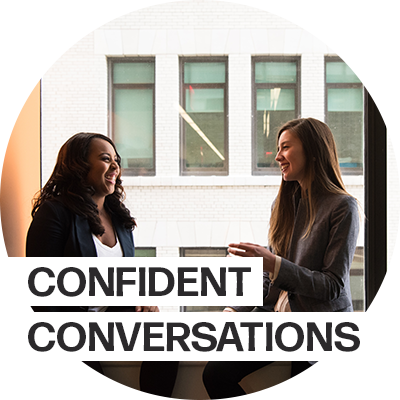
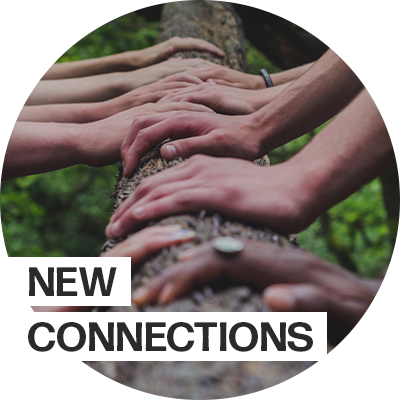

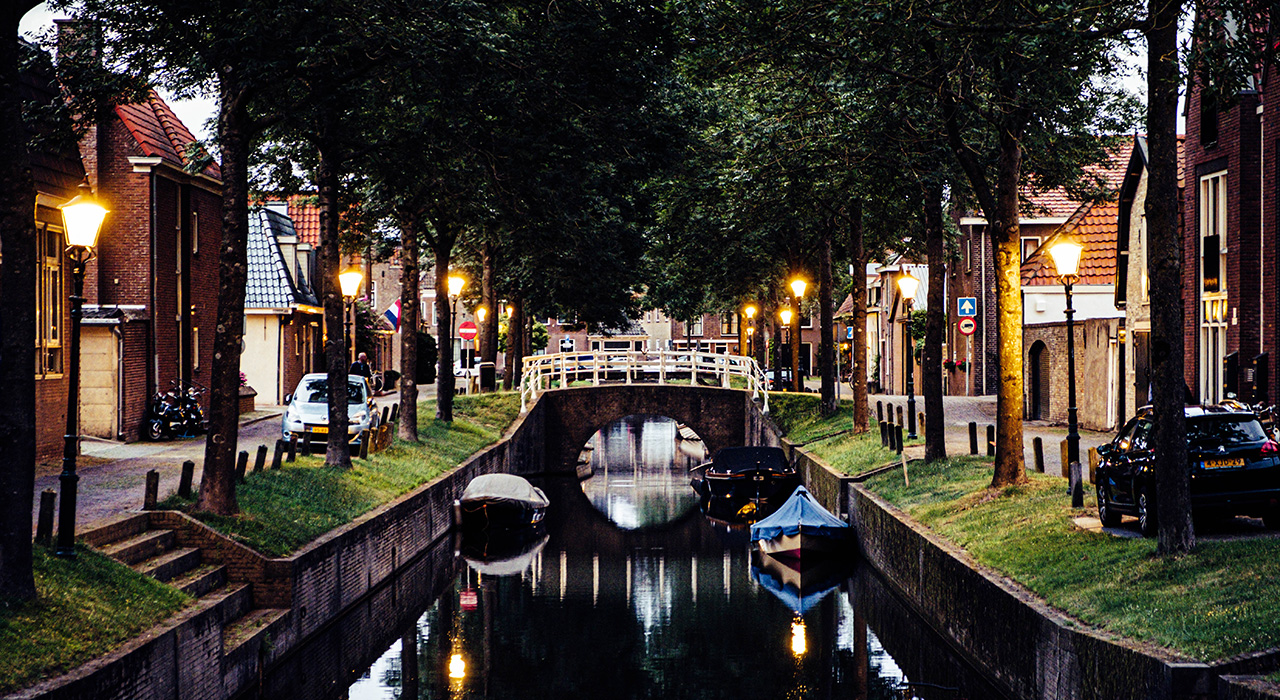

Social